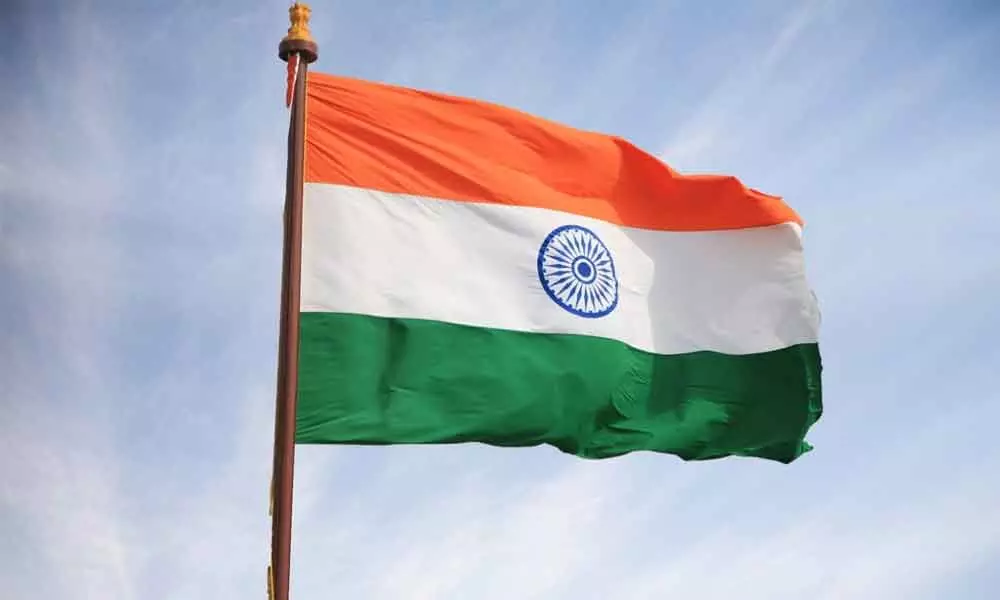Live
- IPL 2024: RCB elect to bat first against in-form Sunrisers
- Selectors likely to name squad for T20 World Cup this weekend, say BCCI sources
- 'Democracy is crying', Mamata Banerjee sharpens attack against HC ruling in school jobs case
- Vet student 'suicide': Kerala HC dismisses suspended VC's petition challenging action against him
- Credit card data of 17K ICICI Bank users exposed; bank blocks cards, assures compensation
- Eknath Shinde compares Uddhav Thackeray's change in political stance with 'chameleon changing colours'
- Calcutta HC admits plea seeking action against Mamata Banerjee for 'anti-judiciary' remarks
- ‘NWHL provides a platform for our top women's hockey talent to show their skills’, says Bhola Nath Singh
- NCP-SP manifesto biggest fraud in the world, claims Maharashtra BJP chief
- Haryana to send wedding-style invitations to voters









